A-D
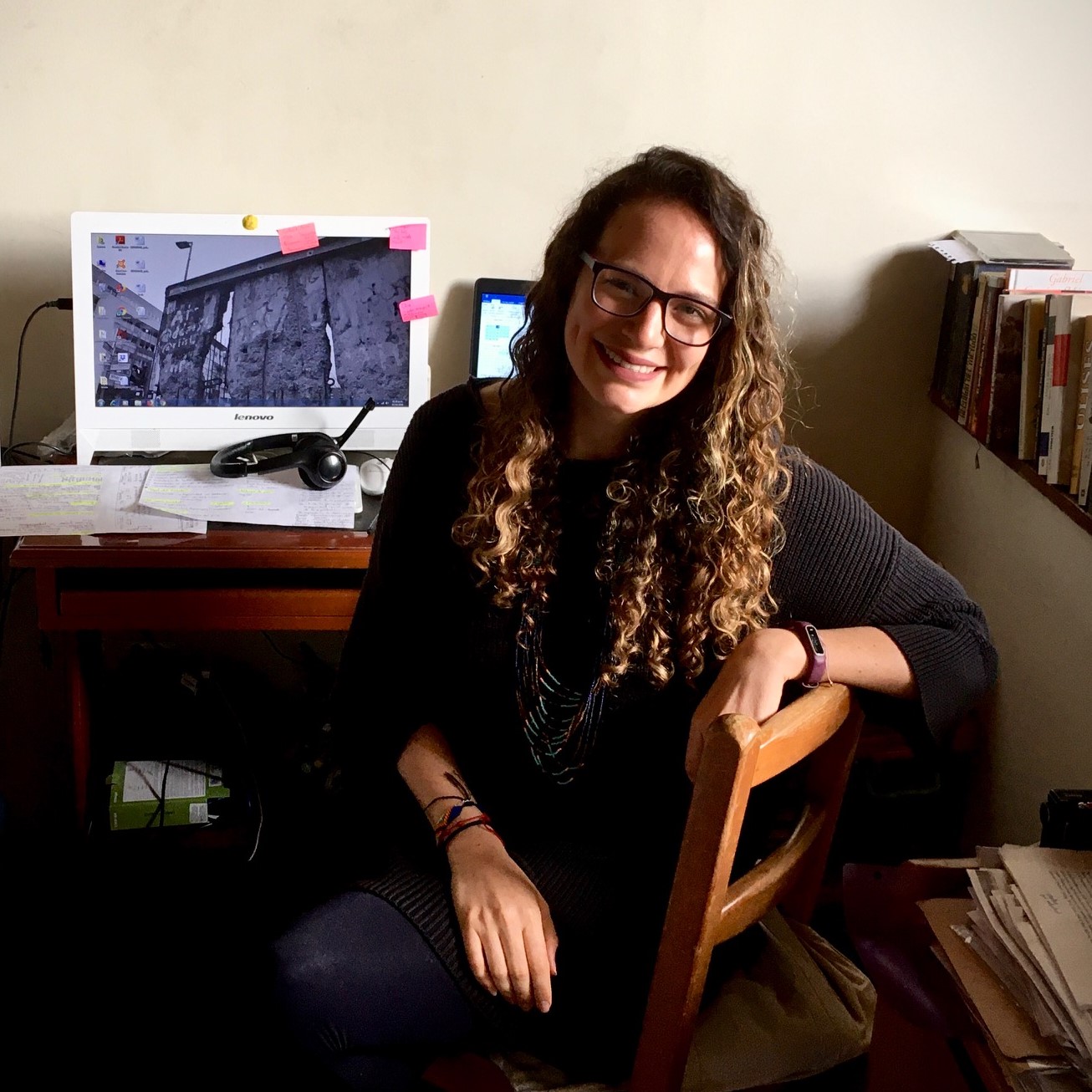
Laura Camila Barrios (Bogotá)
Laura Camila Barrios Sabogal holds a BA in Government and International Relations. MA in Public Policy, specialising in Conflict Studies and Management. Director of the MA in Conflict, Memory and Peace at the Universidad del Rosario. Former advisor to the Director of the GIZ Cooperation Agency in Colombia.
Panel 4. Paper: "Beyond victimization: agency of former female FARC-EP combatants in Colombia"
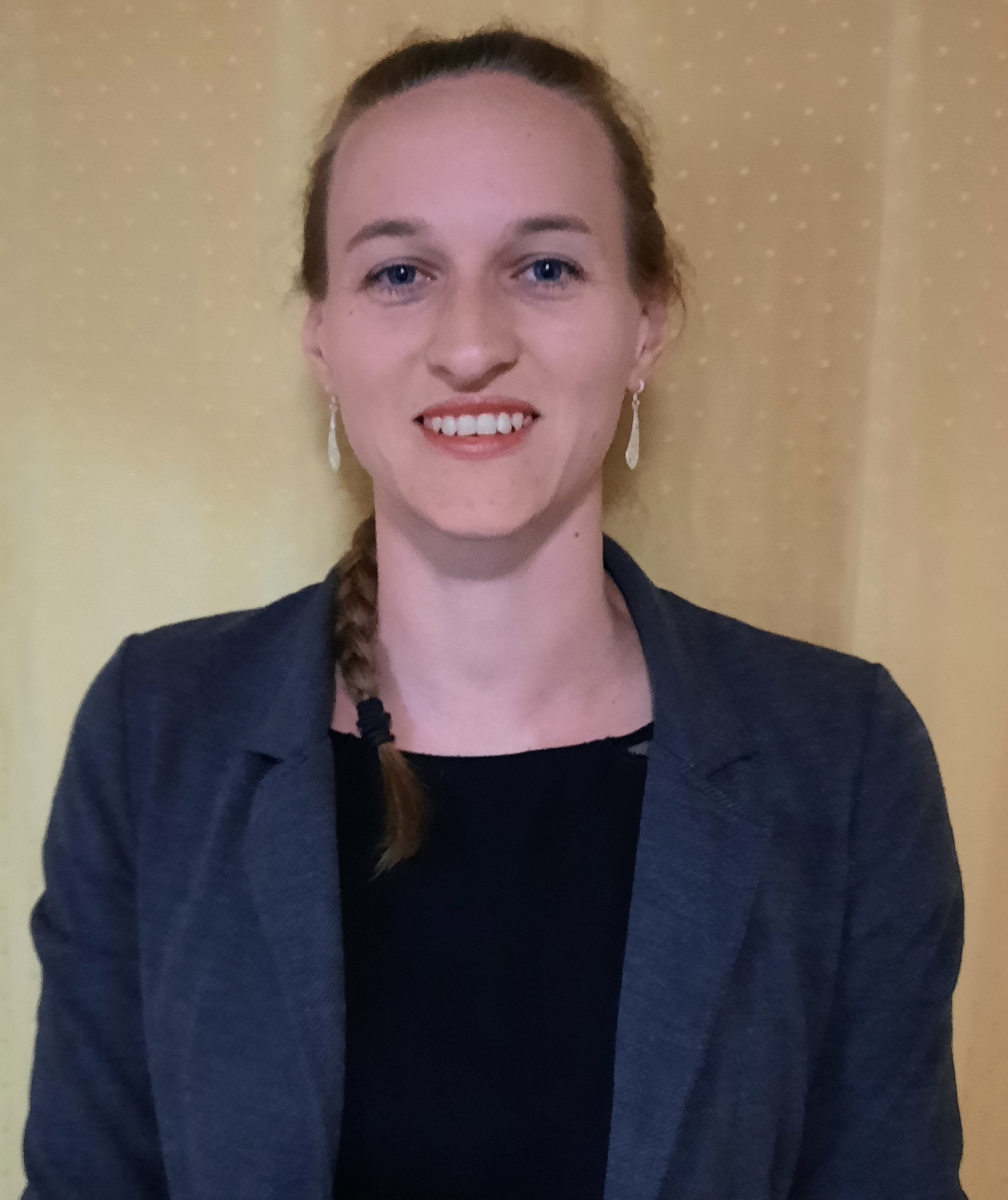
Svenja Bonnecke (Santiago de Chile)
Svenja Bonnecke studied Law at the Albert-Ludwigs-University in Freiburg and Breisgau (Germany) and at the University of Coimbra in Portugal with a specialization in International and European Law, as well as a qualification in the French Law School and a qualification in International, European and foreign Law. During this time she worked as a student assistant at the Institute of Public Law, European Lay, and International Public Law. She also completed a Master in Government and Public Management in the Institute of Public Affairs at the University of Chile. During and after her master's degree, Bonnecke worked in several institutions in Chile, including the National Institute of Human Rights. Currently, she works as a coordinator of a regional anti-corruption project and is in the process of validating her law degree at the University of Chile.
Panel 5. Polizeireform in Chile im Lichte einer neuen Verfassung
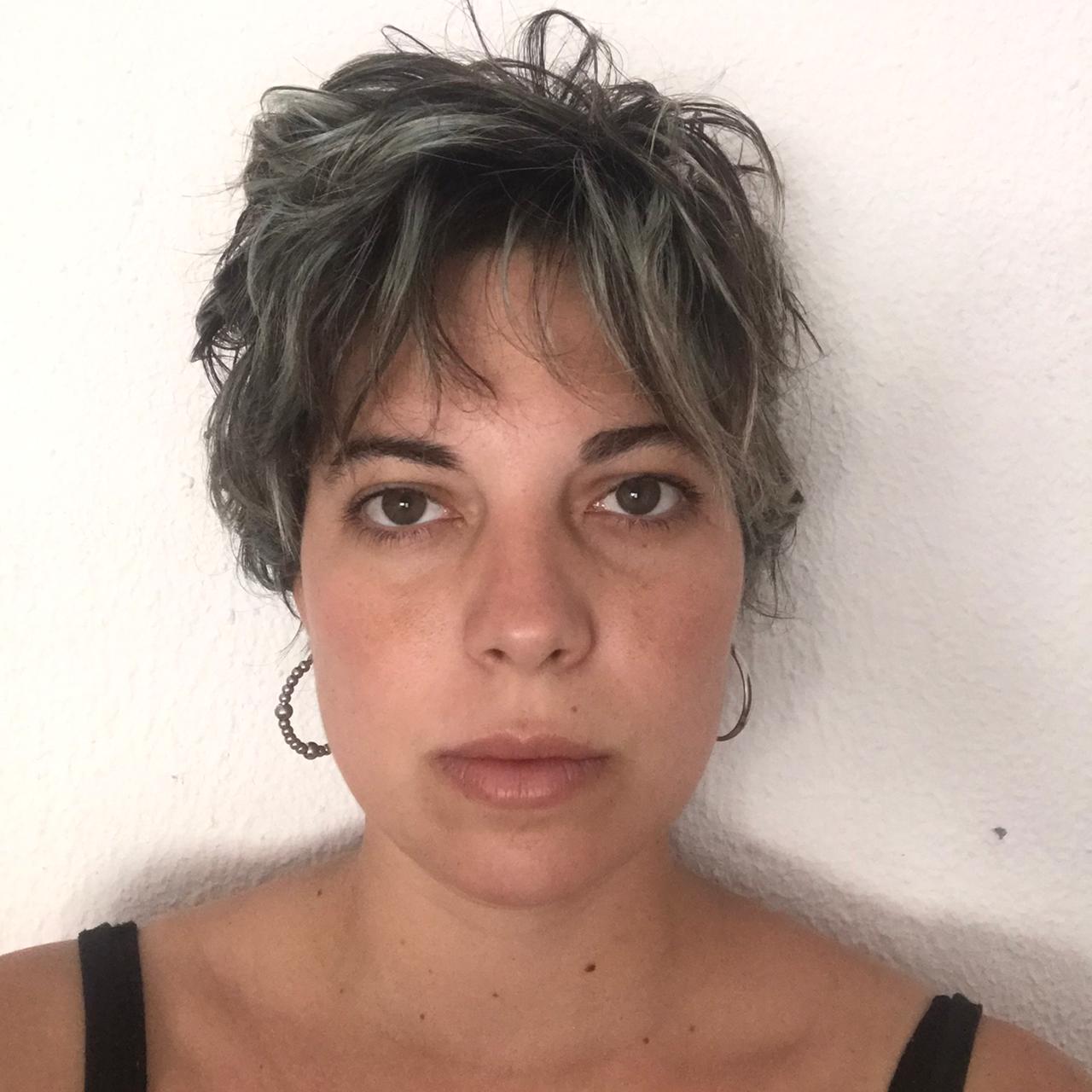
Ayelén Branca (Córdoba)
Ayelén Eliana Branca, National Council for Scientific and Technical Research of Argentina (CONICET) doctoral fellow - research Center “María Saleme de Burnichón” (Ciffyh), Faculty of Philosophy and Humanities (FFyH), National University of Cordoba (UNC), Argentina. Professor in philosophy, FFyH, UNC and PhD student in Social Studies from Latin America, Center for Advanced Studies (CEA), Faculty of Social Sciences (FCS), UNC. Teaching Assistant in Political Economy I and II, FCS, UNC. Member of the Research Project "Techniques, practices and processes in current rural Argentina" (2020-2021); Secretary of Science and Technology (SECYT)-CIFFyH, UNC.
Panel 1. Paper: "Dependent capitalism, exclusive reproduction pattern and weak links. Elements to understand the sociopolitical dynamics in Latin America"
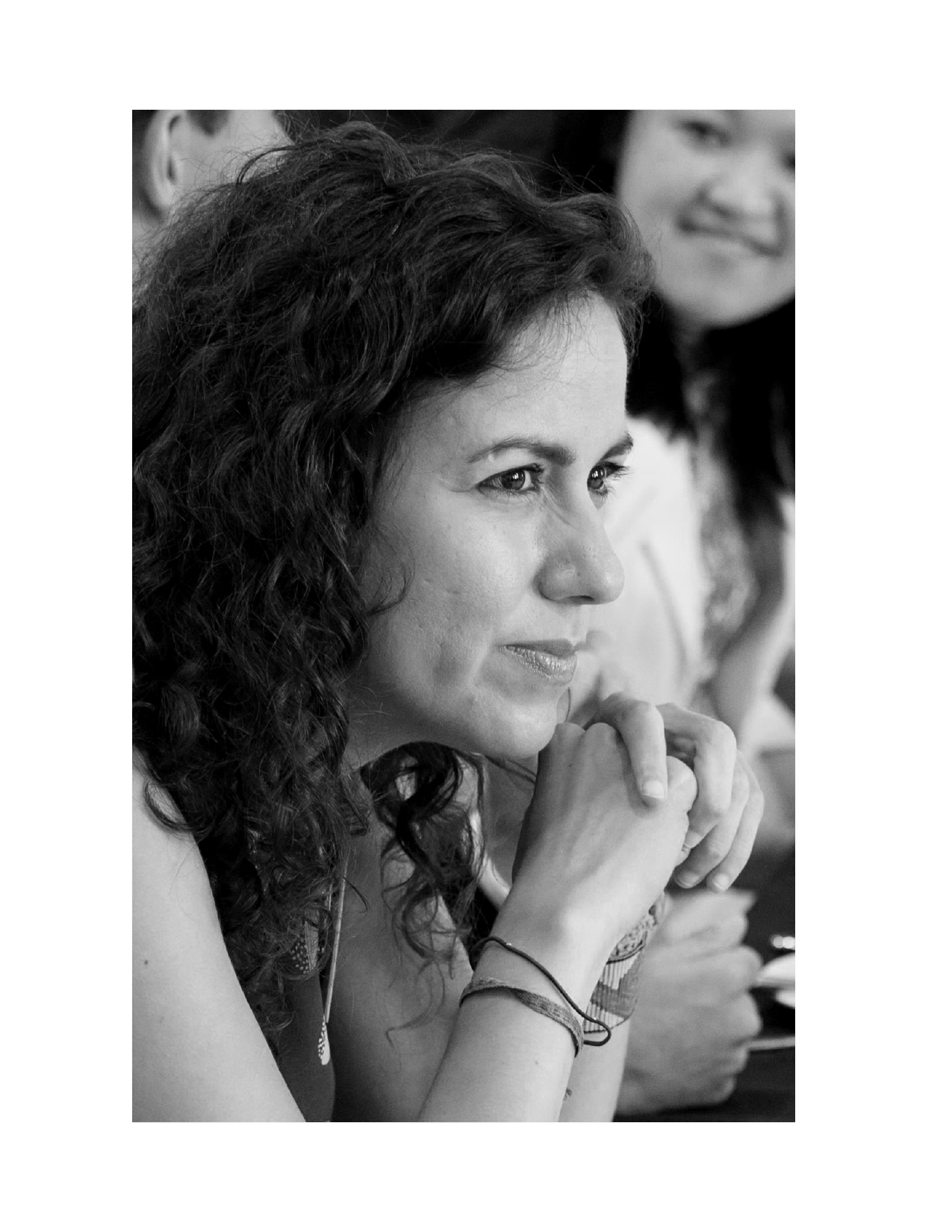
Inés Durán Matute (Puebla)
Dr. Inés Durán Matute is a postdoctoral research fellow at the International Research Group on Authoritarianism and Counter-strategies of the Rosa Luxemburg Stiftung (Germany), and the Graduate School of Sociology at the Institute of Social Sciences and Humanities, Benemérita Universidad Autónoma de Puebla (Mexico). She is an active supporter of the struggle for life promoted by different indigenous communities in Mexico. Her research investigates the ways in which the geographies of capitalism are lived, confronted and resisted through the construction of autonomies and transnational networks. She is the author of the book Indigenous Peoples and the Geographies of Power. Mezcala’s Narratives of Neoliberal Governance (Routledge, 2018), and articles such as Indigeneity as a Transnational Battlefield: Disputes over Meanings, Spaces, and Peoples (Globalizations, 2020).
Panel 1. Paper: "Spatial disputes, a struggle for life. Reflections from Mexico"
E-K

Mariano Féliz (La Plata)
Independent research of the CONICET at the CIG-IdIHCS/CONICET-UNLP. Adjoint Professor of political economy at the Department of Sociology at the Faculty of Humanities and Sciences of Education of the UNLP. Also fellow of the International Research Group on Authoritarianism and Counter-strategies (IRGAC) of the Rosa Luxemburg Stiftung (Germany), member of the Society of Critical Economics (SEC) of Argentina and Uruguay, and part of the research collective Al Borde (building undisciplined knowledge). His fields of studies are critical development theory, marxian political economy, marxian dependency theory and social struggles.
Panel 1. Paper: "Progressive discourse, conservative policies, and the left"
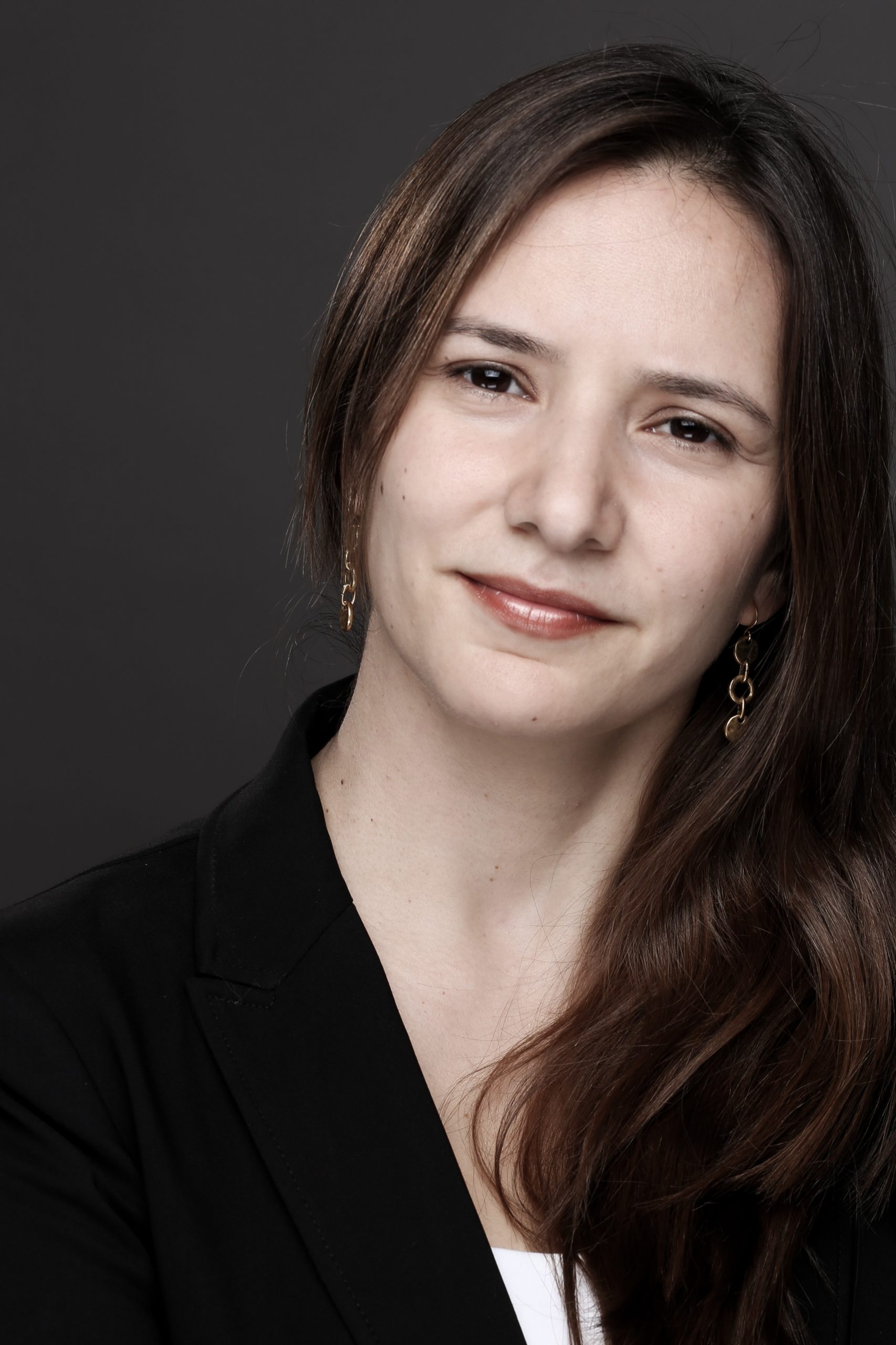
Rosario Figari Layús (Giessen)
Rosario Figari Layús is currently working as a post-doc researcher at the Chair of Peace Studies at the Justus Liebig University Giessen. She holds a PhD in Political Science from the Phillips University of Marburg. Previously she earned a Master degree in Social Sciences from Humboldt University of Berlin and a degree in sociology from the University of Buenos Aires. Her areas of work and research are transitional justice, political violence and human rights protection
Panel 4. Paper: "Peace for Whom? Security Policy in the Context of Violence against Social Leaders in Colombia"
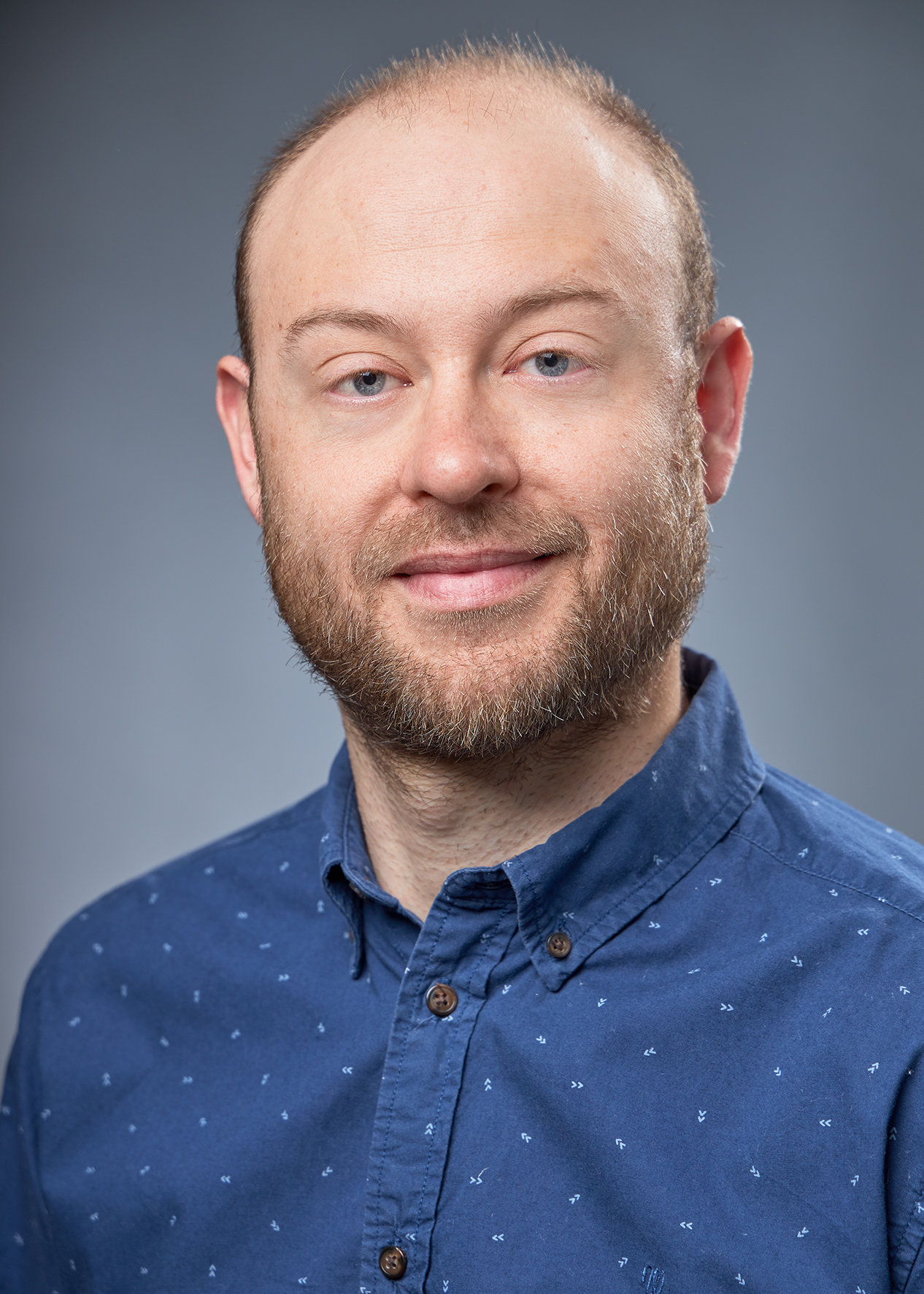
Rafael Freitas (Leipzig)
I am graduated in philosophy - bachelor's and licentiate - from Universidade Estadual Paulista - UNESP, having done part of my study in philosophy at the Universidad Nacional de Cuyo in Mendoza - Argentina. Between October 2011 and 2014 I took a master's degree in Lateinamerikastudien at the University of Leipzig. In 2019 I completed my doctoral thesis on Brazilian modernism also at the University of Leipzig with the theme: The invention of cultural-anthropophagic alterity: a post-colonial reading of Brazilian modernism. During my doctorate I spent a year at the University of São Paulo to carry out research and prepare my thesis. The doctoral research was largely funded by Heinrich-Böll-Stiftung. Currently I am still conducting postdoctoral research in the area of Latin American literature.
Panel 2. Paper: “Alguns vão morrer”: necropolítica e capitalismo neoliberal no Brasil contemporâneo"
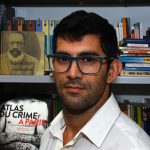
Diego Galeano (Rio de Janeiro)
Diego Galeano holds a Ph.D. in Social History from the Universidade Federal do Rio de Janeiro, is an Associate Professor of Contemporary History at PUC-Rio de Janeiro, and a researcher at CNPq-Brazil. His research focuses on the history of police and transnational crime in South America. Author of the books "Escritores, detectives y archivistas: la cultura policial en Buenos Aires, 1821-1910" (Buenos Aires, Teseo, 2009) and "Delincuentes viajeros: estafadores, punguistas y policías en el Atlántico sudamericano" (Buenos Aires, Siglo XXI, 2018). He was a visiting researcher at the University of Paris 1 Pantheon-Sorbonne (2017) and the Ludwig-Maximilians-Universität München (2019-2020).
Roundtable Disrupciones de las culturas policiales
Presentation: "Policía, epidemia y cuarentena: indagaciones históricas"
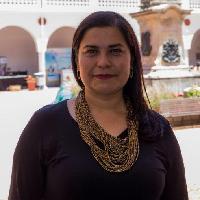
Carolina Galindo (Bogotá)
Carolina Galindo (Ph.D. in Political Science, Humboldt University of Berlin) is Associate Professor at the School of Human Sciences, Universidad del Rosario (Bogotá-Colombia). Her areas of expertise are Democratization, Latin American Politics, State-Society Relations, Citizenship, Political Sociology, and Peace and Conflict in Colombia and Latin America. She is Associate Researcher at the Postgraduate Program on Sustainable Development and Social Inequalities in the Andean Region (trAndeS - Free University of Berlin), as well as member of the Working Group "Vigilantism and Collective Violence" (Latin American Council of Social Sciences).
Closing Remarks: Democracias violentas en tiempos de pandemia: algunas reflexiones sobre el caso colombiano
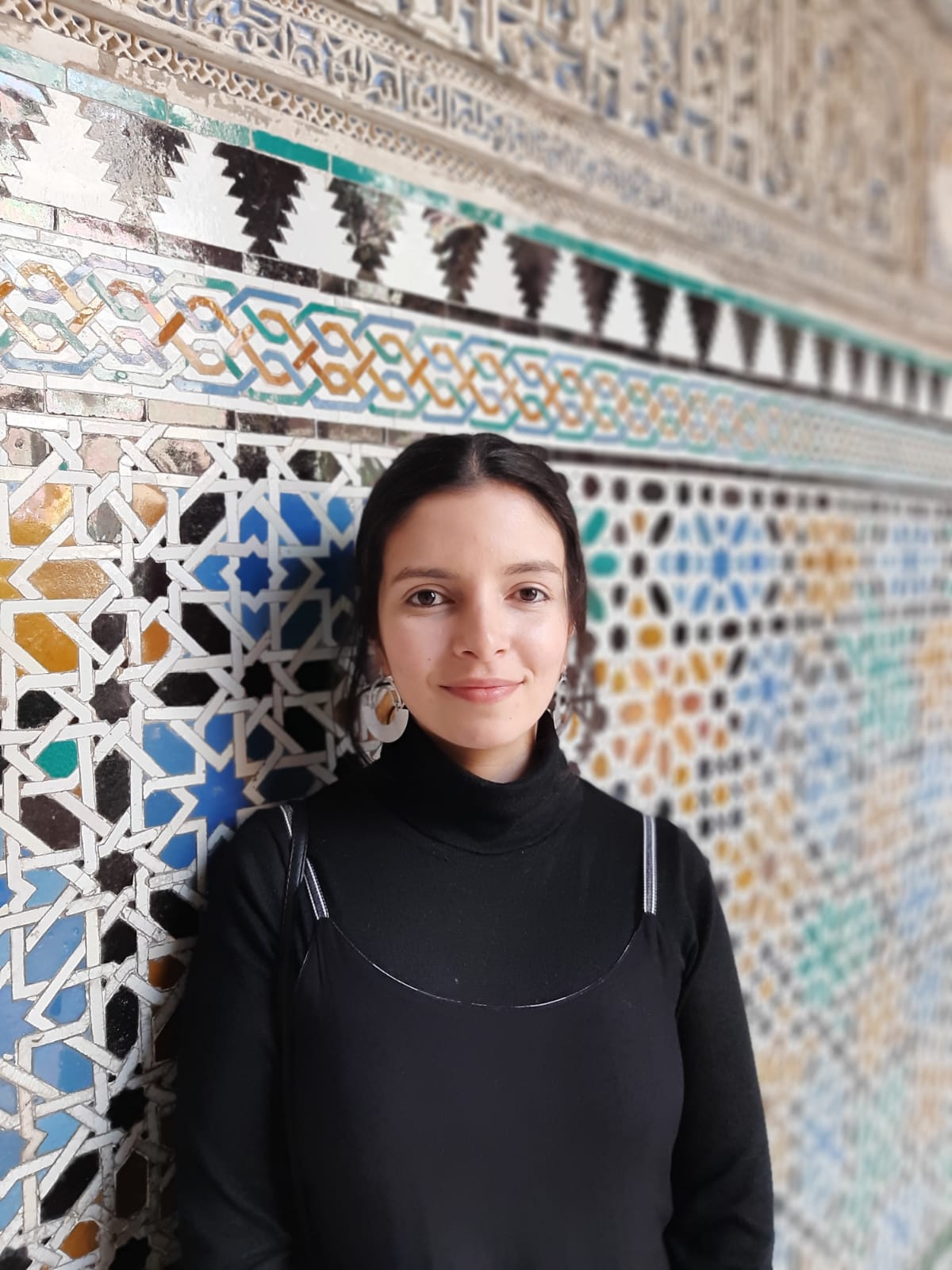
Natalia Gómez Muñoz (Bologna)
Natalia Gómez Muñoz is a social anthropologist and a doctoral student at the University of Bologna. Her ethnographic case study, for the ERC project “Impact Hau”, examines the entanglements between financial instruments known as Social Impact Bonds (SIB), and forced migration dynamics in Colombia. Natalia has researched and worked in the Dominican Republic, Ecuador, Colombia, and Germany, focusing on different stories, experiences, memories, and representations of migration and migrants. Her primary research interests include gender, development, Latin American, decolonial and peace and conflict studies. Since 2019 Natalia volunteers for the Colombian Truth Commission working among Colombian activists, exiles and asylum seekers in Germany.
Panel 1. Paper: "Financialized Deservingness and Entitlement: An Anthropological Exploration of Social Impact Investing in the Colombian Context"
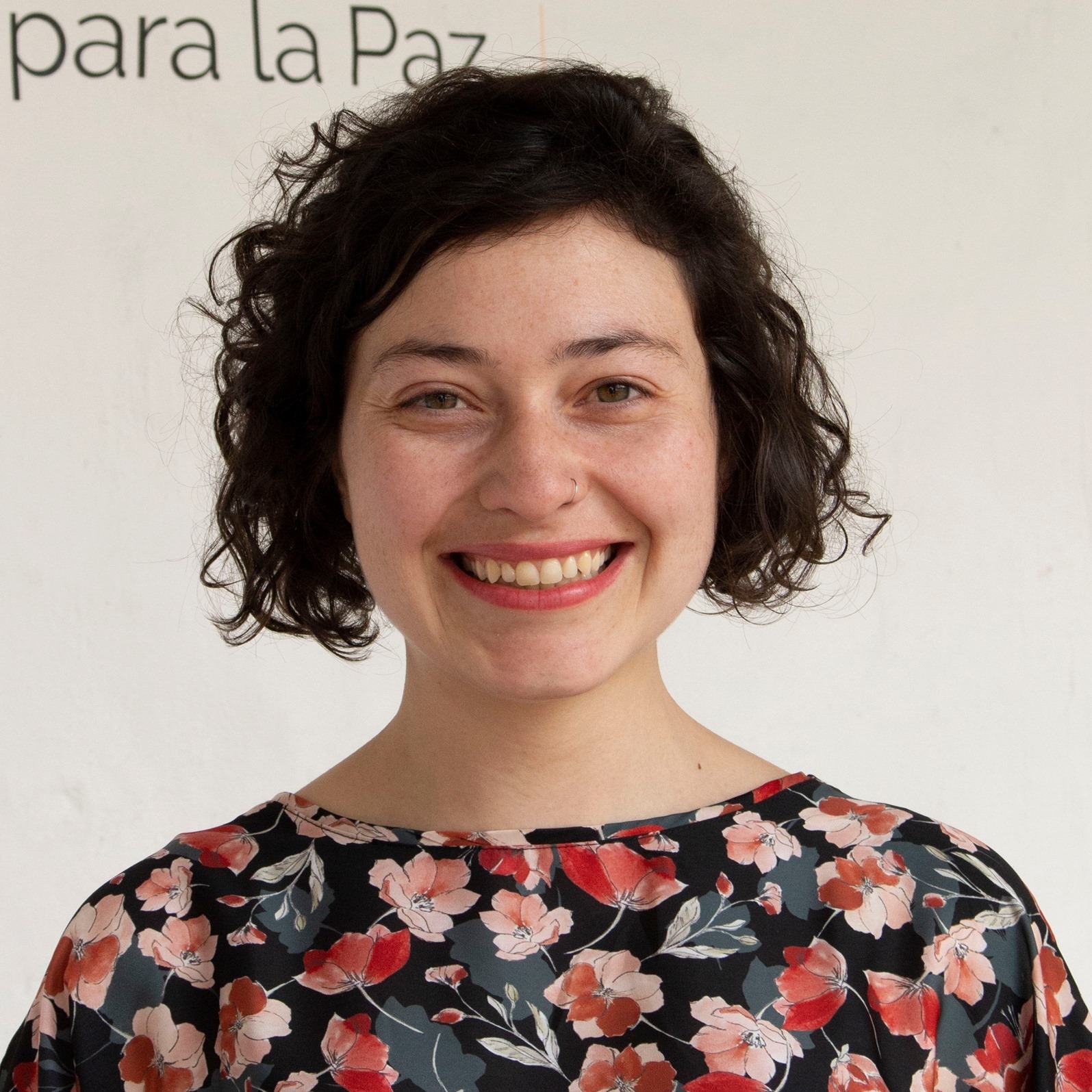
Juliana González (Bogotá)
Juliana González Villamizar is PhD student at Justus-Liebig-Universität Giessen and scientific collaborator at the Instituto Colombo-Alemán para la Paz - CAPAZ.
Panel 4. Paper " Arhuaco Indigenous Women's Memories and the
Colombian Truth Commission: Methodological Gaps and Political Tensions"

Hannah Katalin Grimmer (Vienna)
Hannah Katalin Grimmer is a Cultural Scientist and Curator with a focus on Memory Studies and contemporary Visual Arts in Latin America. She studied Cultural Sciences (B.A.), Romance Studies (B.A.), and Curatorial Studies (M.A.) in Leipzig, Frankfurt/Main, Santiago de Chile, and Paris. She recently started her PhD-Project on Visual Art, Memories of Resistance, Activism, and Feminism in the Southern Cone at the Academy of Fine Arts Vienna.
Panel 5. Art in Protest: Alternative Memories in Artistic Positions. Resistance, Social Movements and Feminisms in the Cono Sur
L-O
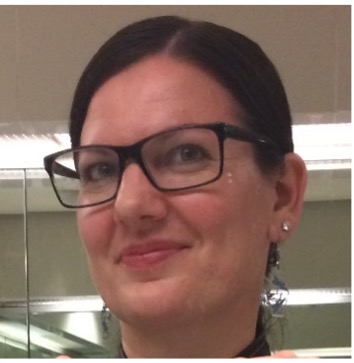
Annette Maguire (Newcastle)
Annette Maguire is a scholar-activist completing her PhD in the Department of Politics and International Relations at Newcastle University. Her research is grounded in a political economy of contemporary neoliberal austerity, focusing on the gendered nature of precarity and its intersections with unpaid reproductive labour and gendered violences. These themes are explored in the setting of the women’s movement in Argentina, using a decolonial ethnographic approach to highlight the collective practices and pedagogies by which protagonists transform the constrictions of precarity into possibility, constructing new kinds of solidarity that activate formidable affective and political powers.
Panel 1. Paper: "New Precarities, New Resistances: Visibilising the Protagonists of the #FeministStrike"

Ana Makhashvili (Berlin)
Ana Makhashvili is a communication and media scholar and works in the project “Journalism and the Order of Emotions” at the CRC Affective Societies, Freie Universität Berlin. In her dissertation she studies affective and networked dynamics of far-right publics online. She studied political communications and Sociology in Munich and Berlin.
Photo: Miriam Klingl
Panel 3. Paper " Journalism and the Networked Affective Dynamics of #Chemnitz"
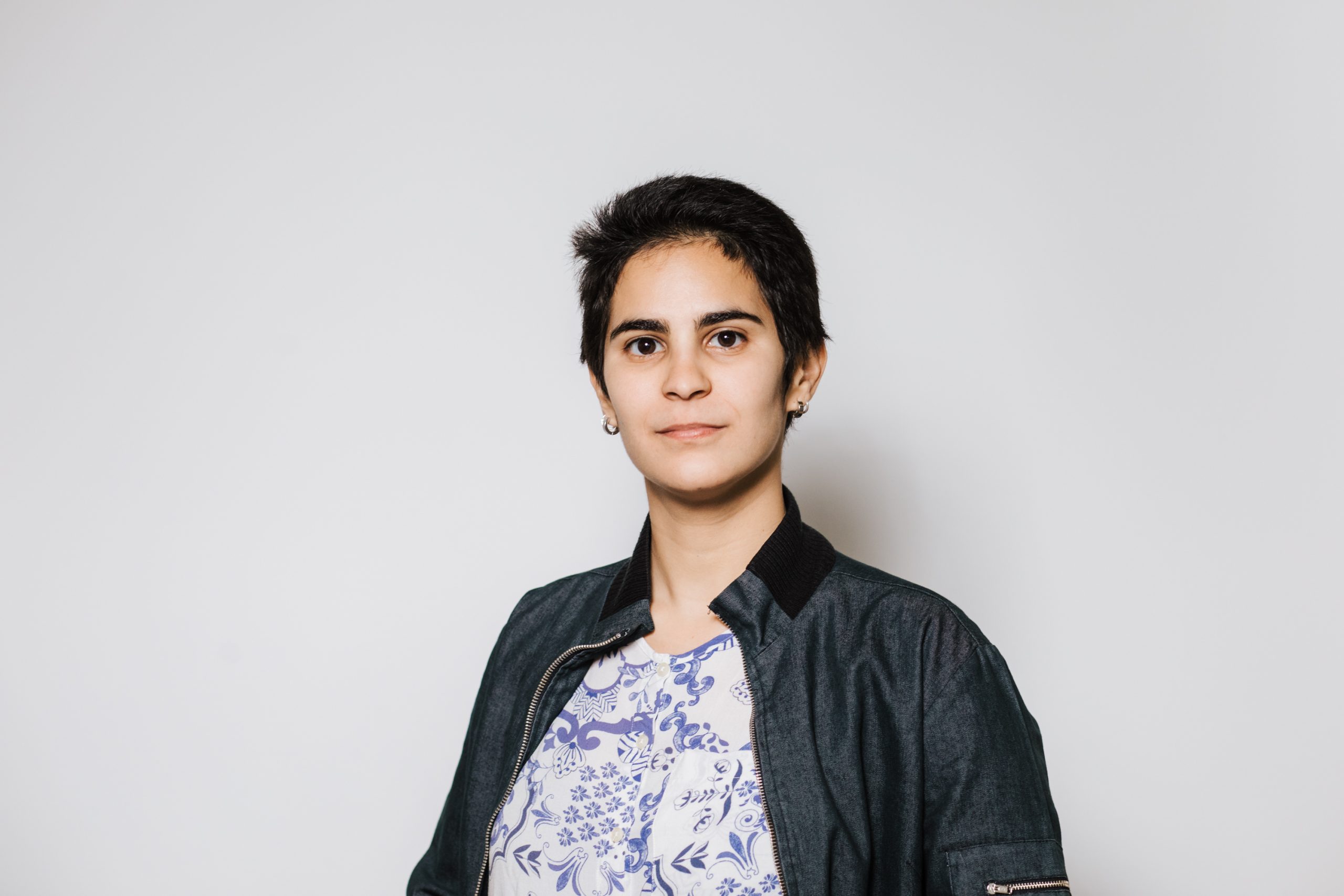
Débora Medeiros (Berlin)
Dr. Débora Medeiros is a postdoc researcher at the project “Journalism and the Order of Emotions” at the Collaborative Research Center Affective Societies at Freie Universität Berlin. She wrote her doctoral thesis, titled “Engaged Journalism: Contesting Objectivity through Media Practices during the Alternative Coverage of Brazil’s June Journeys”, at the Institute of Communication and Media Studies at FU Berlin. She is also a member of the Institute for Social Movement Studies (ipb) and of the Network Affect and Colonialism.
Photo: Miriam Klingl
Panel 3. Paper " Journalism and the Networked Affective Dynamics of #Chemnitz"

Ian Merkel (Leipzig, NYU, São Paulo)
Ian Merkel is an intellectual and cultural historian whose work examines connections between Latin America and Western Europe. His first book, Terms of Exchange: Brazilian Intellectuals and the French Social Sciences, will be published in 2022 by the University of Chicago Press. Currently an Erasmus Mundus Visiting Scholar in Global Studies at Leipzig University, he will spend the next two years as Alexander von Humboldt Fellow at the Freie Universität Berlin. He received his dual Ph.D. between New York University and the University of São Paulo.
Panel 1. Paper " The Economic Policy of the Bolsonaro Administration: between Austerity and Populist Continuity"
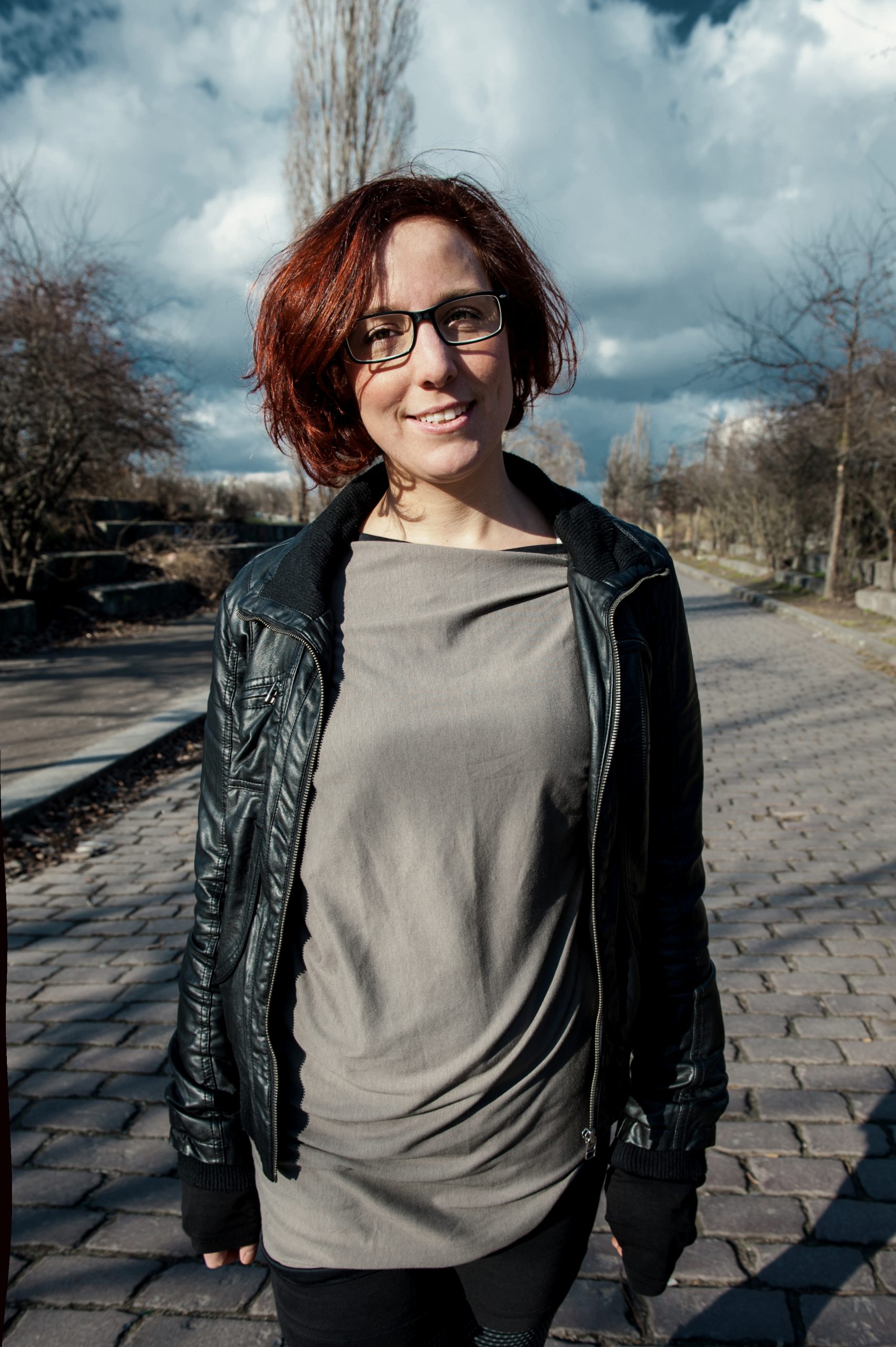
Henrike Neuhaus (London)
Henrike Neuhaus undertakes her PhD research at Goldsmiths, University of London, exploring practices of care in the realm of Taekwondo in Buenos Aires through visual and creative methods. She transmits her knowledge and skills of anthropological filmmaking as an associate lecturer at Goldsmiths, and as associate and guest lecturer at both, the University of Buenos Aires (UBA), and the University of San Martín (UNSAM). At the latter, she also served as a part of the organising board of the UNSAM Science Fair and Short Film Festival 2018 pushing the boundaries of academic engagement. In 2020 she commenced an Erasmus funded scholarly residency, organises working groups, inter-alia the co-founded Latinamerica is Moving Collective.
Panel 1. Chair
P-S
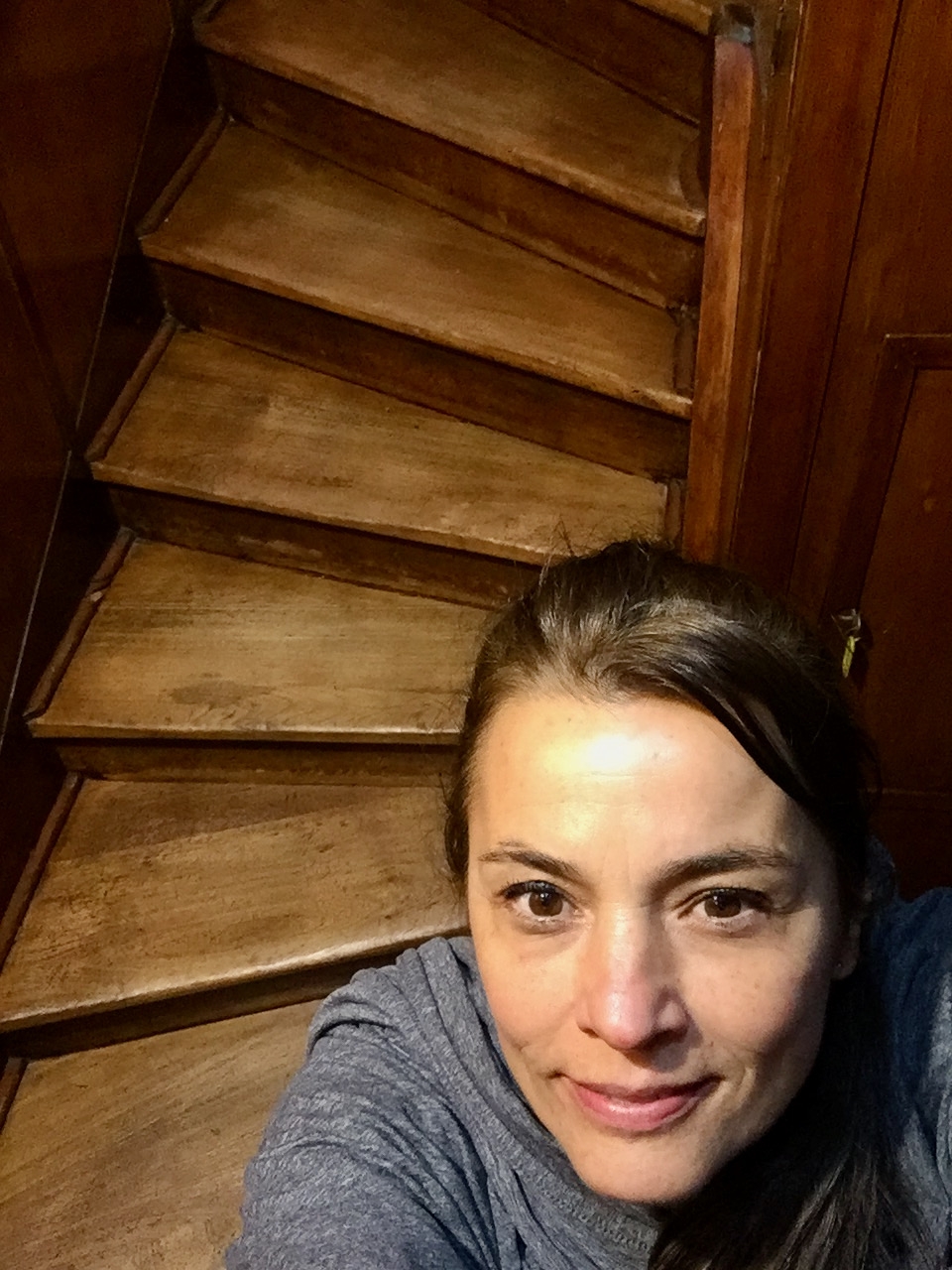
Marisol Palma Behnke (Santiago de Chile)
Marisol Palma Behnke obtained her Ph.D. at the Faculty of History, Art and Regional Sciences, University of Leipzig 2004. She works as a lecturer at the Department of History of the Faculty of Philosophy and Humanities of the Alberto Hurtado University in Santiago de Chile. She has conducted postdoctoral studies and research at the Institute for Latin American Studies of the Freie Universität Berlin. Her interests focus on Latin American cultural history, photography studies, history, and media. As a specialist in the ethnography of Martin Gusinde, she has developed research projects, editing, and critical translation of his unpublished travel diaries through Tierra del Fuego with a series of recent publications in the Anthropos magazine.
Panel 5. Chair
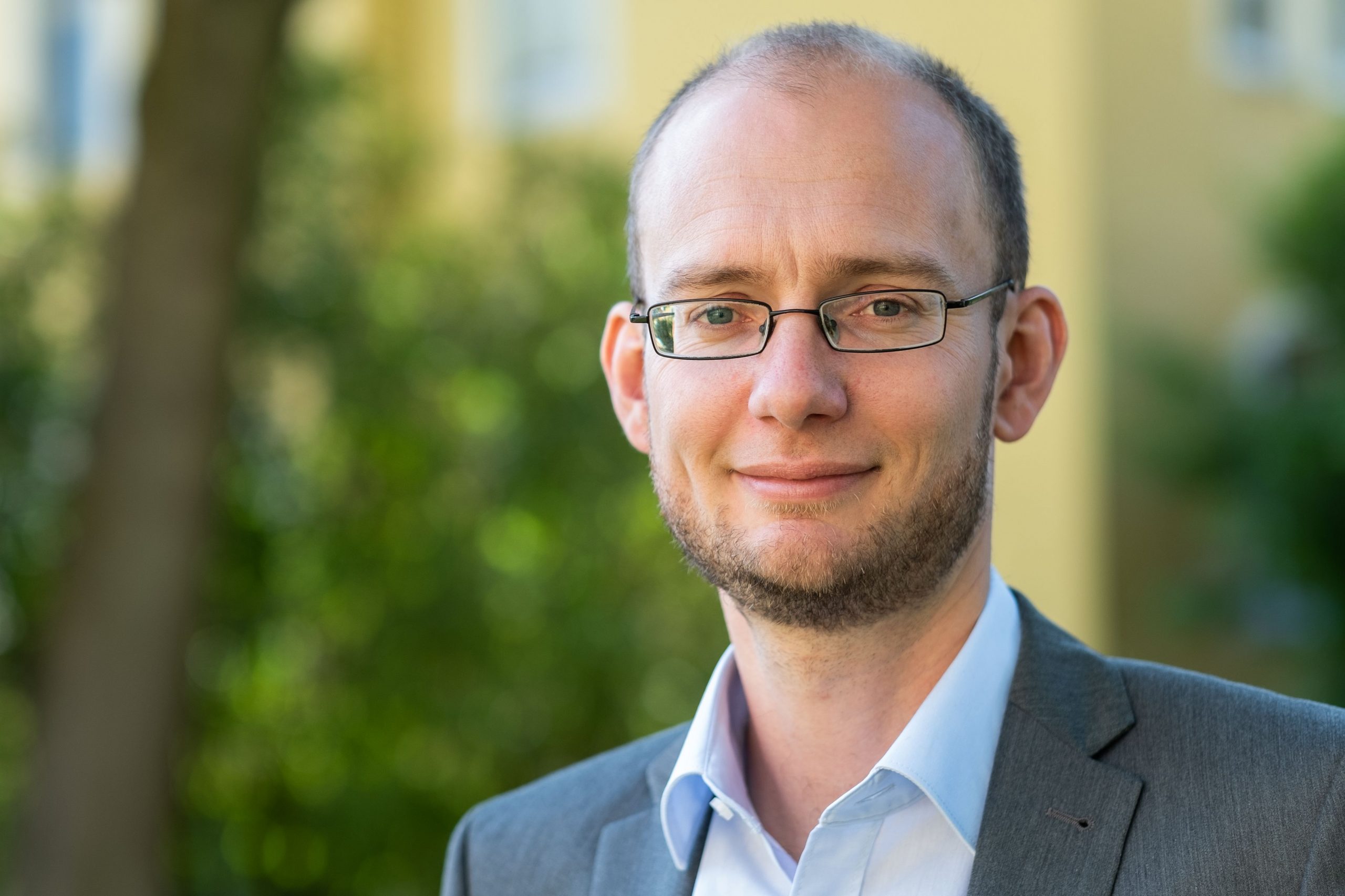
Stefan Peters (Gießen)
Prof. Dr. Stefan Peters, Chair for Peace Studies at the JLU Gießen and Academic Director of the Instituto Colombo-Alemán para la Paz en Bogotá.
Panel 4. Chair

Thomas Plötze (Leipzig)
Thomas Plötze has been a research assistant at the Heisenberg Chair of International Relations and Transnational Politics since October 2020. His research and teaching focuses on the areas of violence and security, theories of regionalism, theories of securitization, development theory and political economy in Latin America, especially Central America.
Panel 2. Paper: "Central American Narratives and Images of Pandillas since the 1990s"
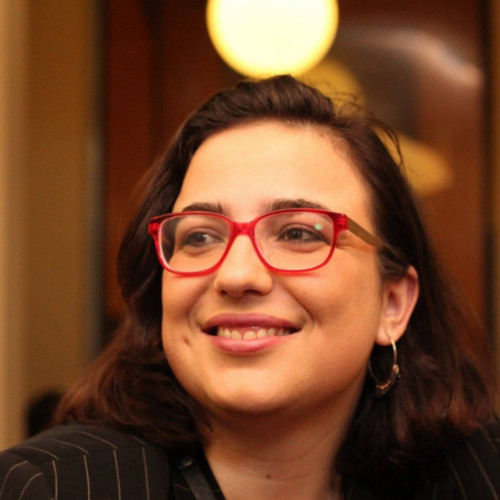
Ana Ribeiro (Leipzig)
Ana Ribeiro is an independent Global Studies scholar who obtained her PhD from Leipzig University in 2018. Modernization Dreams, Lusotropical Promises is her first book and is based on her PhD thesis, her research having taken her to Mozambique, Portugal and Brazil, her birthplace. She spent all her teenage years and half of her 20's in the United States, where she obtained a bachelor's in journalism from Florida International University and worked as a newspaper reporter. Her research combines her journalistic experience with her multidisciplinary training in Global Studies and observations regarding development, discourse, colonialism, group membership, and state formation.
Panel 1. Paper: "Brazil and the Mythologies of Developmentalism"
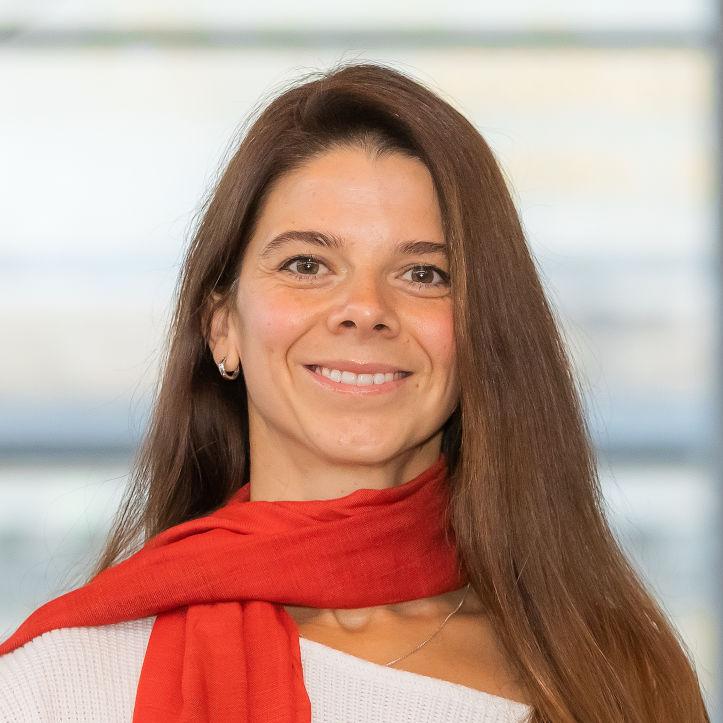
Solveig Richter (Heisenberg)
Prof. Dr. Solveig Richter is a Heisenberg professor for International Relations and Transnational Politics at the University of Leipzig. Before that, Dr. Richter was a junior professor for International Conflict Studies and Management at the Willy Brandt School of Public Policy at the University of Erfurt. Dr. Solveig Richter research focuses on such topics as external democracy promotion, post-conflict peacebuilding, the role of international organizations, as well as the effectiveness of civil crisis and conflict management instruments.Dr. Richter is also a co-editor of the Journal of Peace and Conflict Research (ZeFKo) that is considered to be the most important journal in the field of peace and conflict research in German-speaking countries.
Panel 4. Discussant

Carla Rivera (Santiago de Chile)
Carla Rivera (Santiago de Chile) has a BA in History and Geography Education from the University of Santiago, an MA in Latin American Cultural Studies from the University of Chile. Currently, she is a Ph.D. candidate in History from the Pontificia Universidad Católica de Chile. She works as a lecturer in the Department of History at the University of Santiago and as General Editor of the journal “Historia Social y de las Mentalidades.”
Panel 5. La prensa y la política de las emociones: miedo, rabia y odio a
partir del estallido social 18-O en Chile.
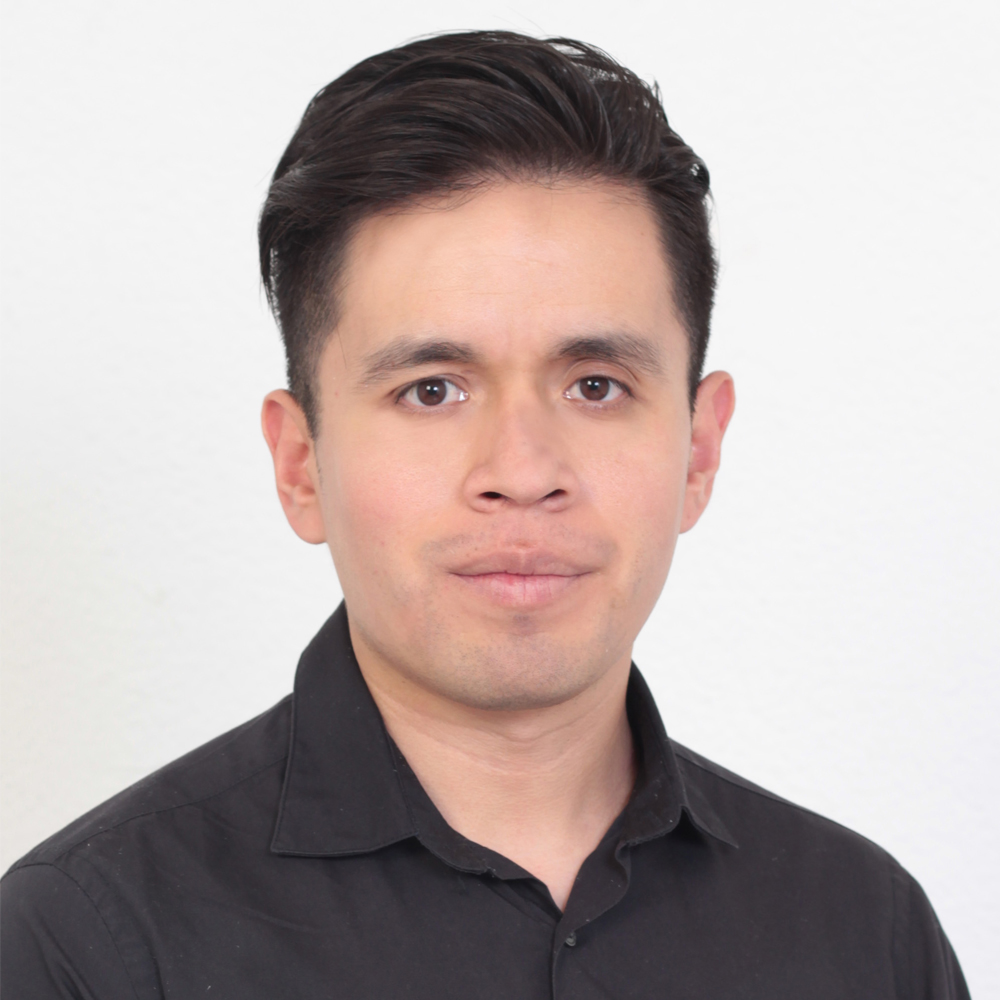
Antonio Romero (Berlin)
Antonio Romero is Doctoral Researcher at the Institute for Communication Studies – Freie Universität Berlin. His main research interests are networked media spaces, the restructuring of publics and digital media outcomes. He holds a Master’s degree in Gender Studies at the College of Mexico and a Bachelor’s degree in Communication Studies at the National Autonomous University of Mexico.
Panel 3. Paper: "Central American migrant caravans as affective publics – the doing of migration discourse on networked media spaces"
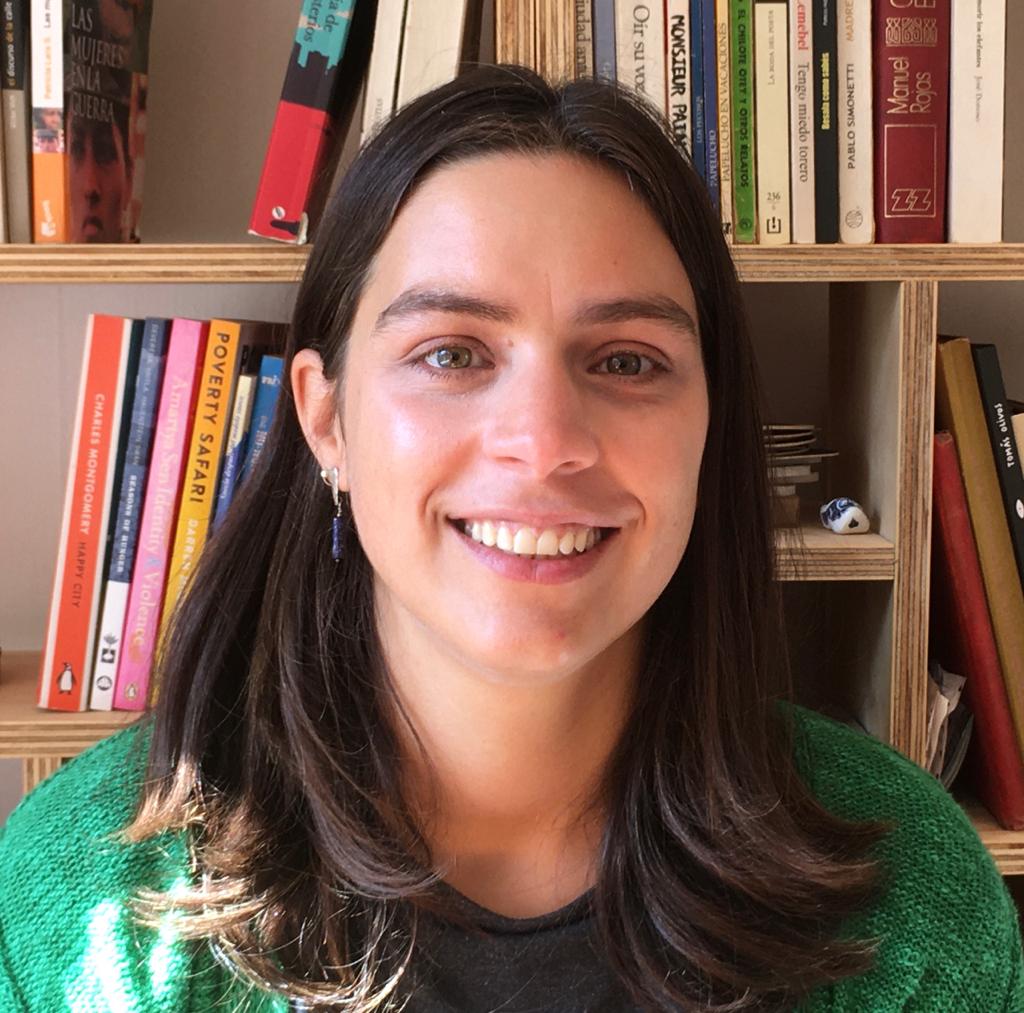
Gabriela Sánchez (Santiago)
Gabriela Sánchez holds an MSc in Social Development from the University College London, a Master of Public Policy and a bachelor’s degree in Economics from the Universidad de Chile. She has experience working as a researcher at Centro de Microdatos at Universidad de Chile, in which she participated in impact evaluations of public policies and in national social surveys. She has worked as an economist in state institutions related to gender and education issues. She currently works as an independent consultant applying qualitative and quantitative research methodologies in different social programs at UN Women Chile, Overcoming Poverty Foundation, among others.
Panel 1. Paper: "Resisting Peripheral Financialisation: Housing Movements against Debt Systems in the South"

Mariana Sirimarco (Buenos Aires)
Mariana Sirimarco holds a PhD in Social Anthropology (Universidad de Buenos Aires). She is currently working as an Independent Researcher at the National Scientific and Technical Research Council (CONICET). She was granted postdoctoral scholarships and research visiting fellowships at the Universidade Federal Fluminense, Freie Universität Berlin, and Ibero-Amerikanisches Institut. Her specialty areas are police training, police socialization and the studies of masculinity, body and emotion. She is the author of El último Chonino. Crónica de una investigación sobre policía y heroísmo (Antropofagia, 2016), De civil a policía. Una etnografía del proceso de incorporación a la institución policial (Teseo, 2009) and editor of Narrar el oficio. Los museos de las fuerzas de seguridad como espacios de ficciones fundadoras (Biblos, 2019), Género y violencia en el mercado del sexo. Política, policía y prostitución (Biblos, 2015, with Deborah Daich) and Estudiar la policía. La mirada de las ciencias sociales sobre la institución policial (Teseo, 2010).
Roundtable Disrupciones de las culturas policiales
Presentation: "La policía que te cuida, la policía que te mata. Fuerzas de seguridad argentinas en pandemia y aislamiento"
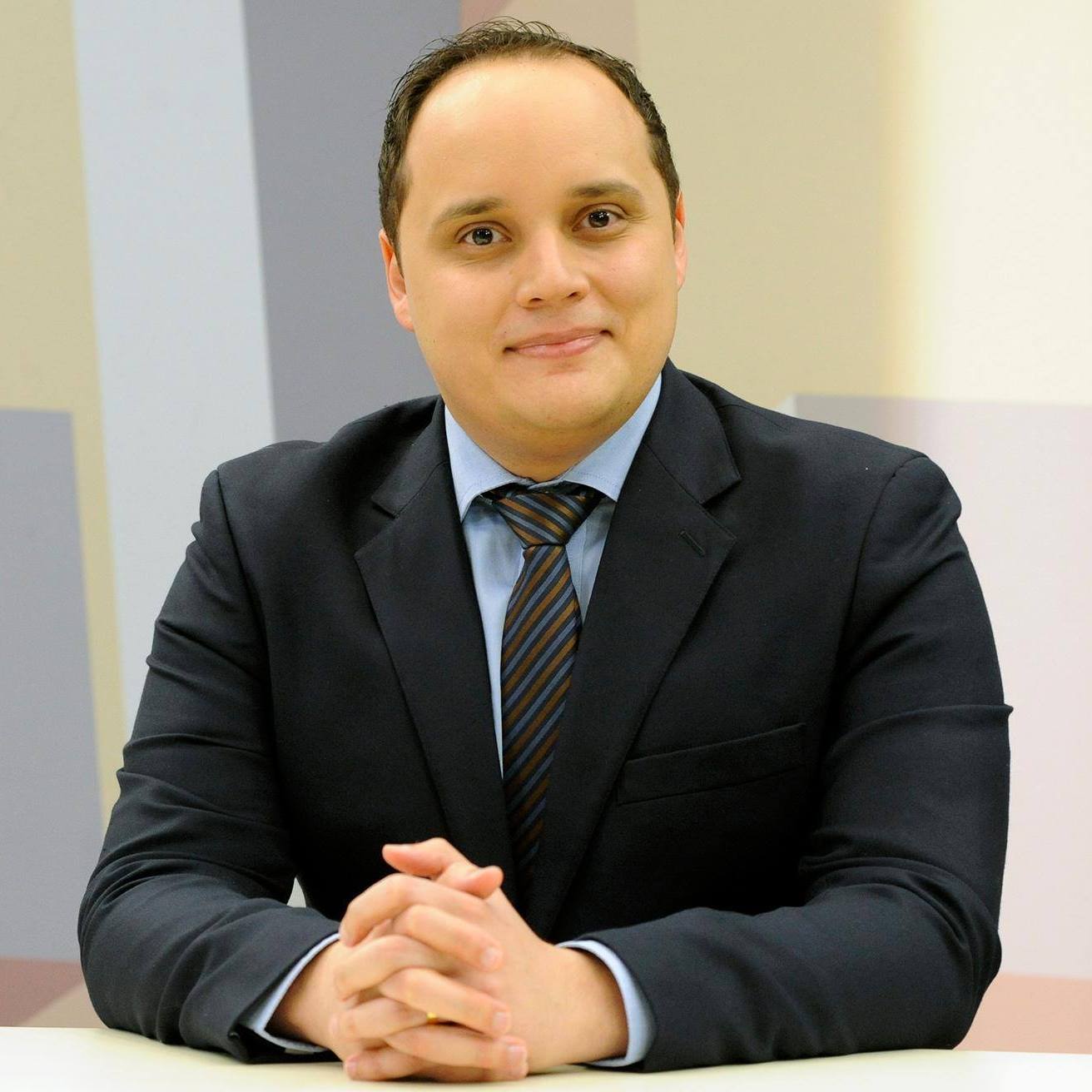
Max Stabile (Brasilia)
PhD Candidate in Political Science at University of Brasilia, currently researching the political impacts of technology in democratic processes, specifically the role of Google in brazilian elections. Has experience in applying computational social sciences, surveys and experimental methods to digital marketing. Co-organized a publication focused on the use of social media data for research - “Monitoramento e Pesquisa em Mídias Sociais”. Also director and founder of a brazilian research center specialized in data science and surveys called IBPAD (Instituto Brasileiro de Pesquisa e Análise de Dados).
Panel 3. Paper: "Google and the 2020 Brazilian sub-national elections"
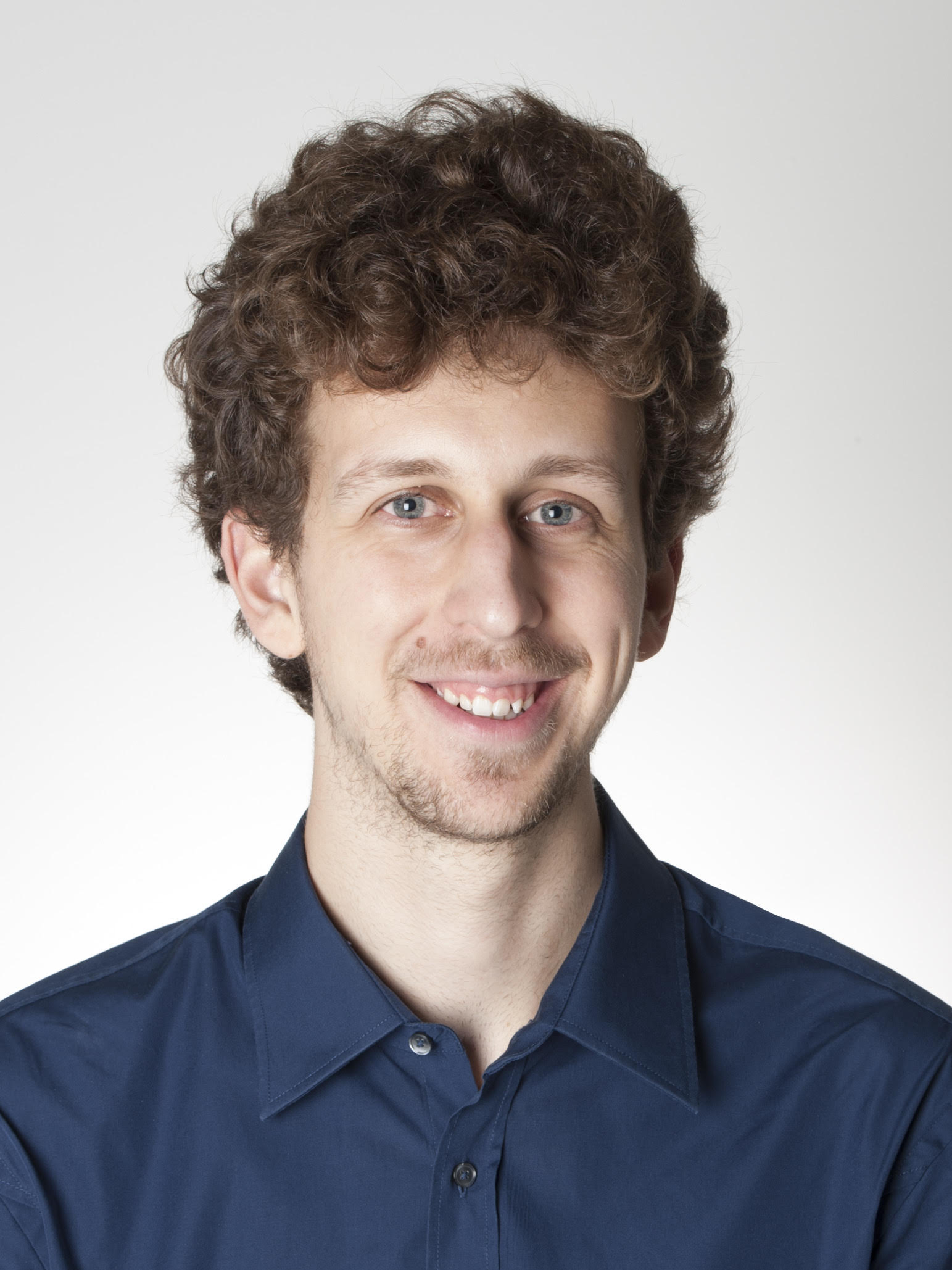
Quincy Stemmler (Lima)
Quincy Stemmler is a PhD candidate at the Justus Liebig University Giessen (Political Science). He holds a bachelor’s degree in Political Science and a master’s degree in Political Theory from the Johann Wolfgang Goethe University in Frankfurt. He lives and works in Lima, Peru, where he is a guest researcher and member of the Grupo Interdisciplinario de Investigación en Conflictos y Desigualdades Sociales at the Pontificia Universidad Católica del Perú. Furthermore, he has teaching experience at the Universidad Nacional Mayor de San Marcos.
Panel 1. Paper "Conflictive Extractivism: Mining, institutions and social conflict in Peru and Colombia"
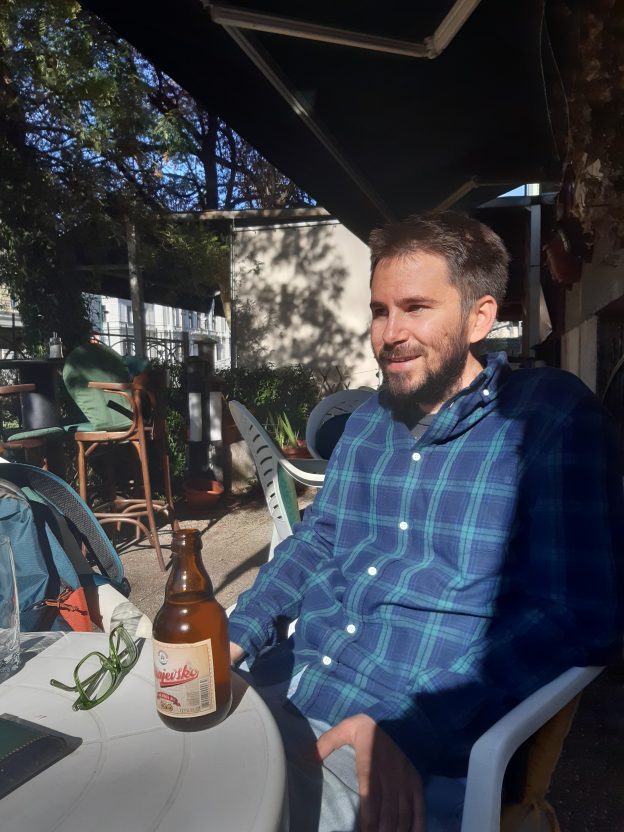
Igor Stipić (Regensburg)
Igor Stipić is a doctoral candidate in Sociology and Political Anthropology at the University of Regensburg and Leibniz Institute for East and Southeast European Studies (IOS). His doctoral research project is titled The State and its Students: Hegemonic structures, subaltern narratives and fractured community in Bosnia and Chile. It adopts an ethnographic approach to studying anti-hegemonic high-school social movements in the two societies, through which Igor develops both subaltern and postcolonial critique of the social formations known as nation-states.
Panel 5. Narrativizing Elitist Transitions: Student countermovements
and challenged democracies in Bosnia and Chile
T-Z
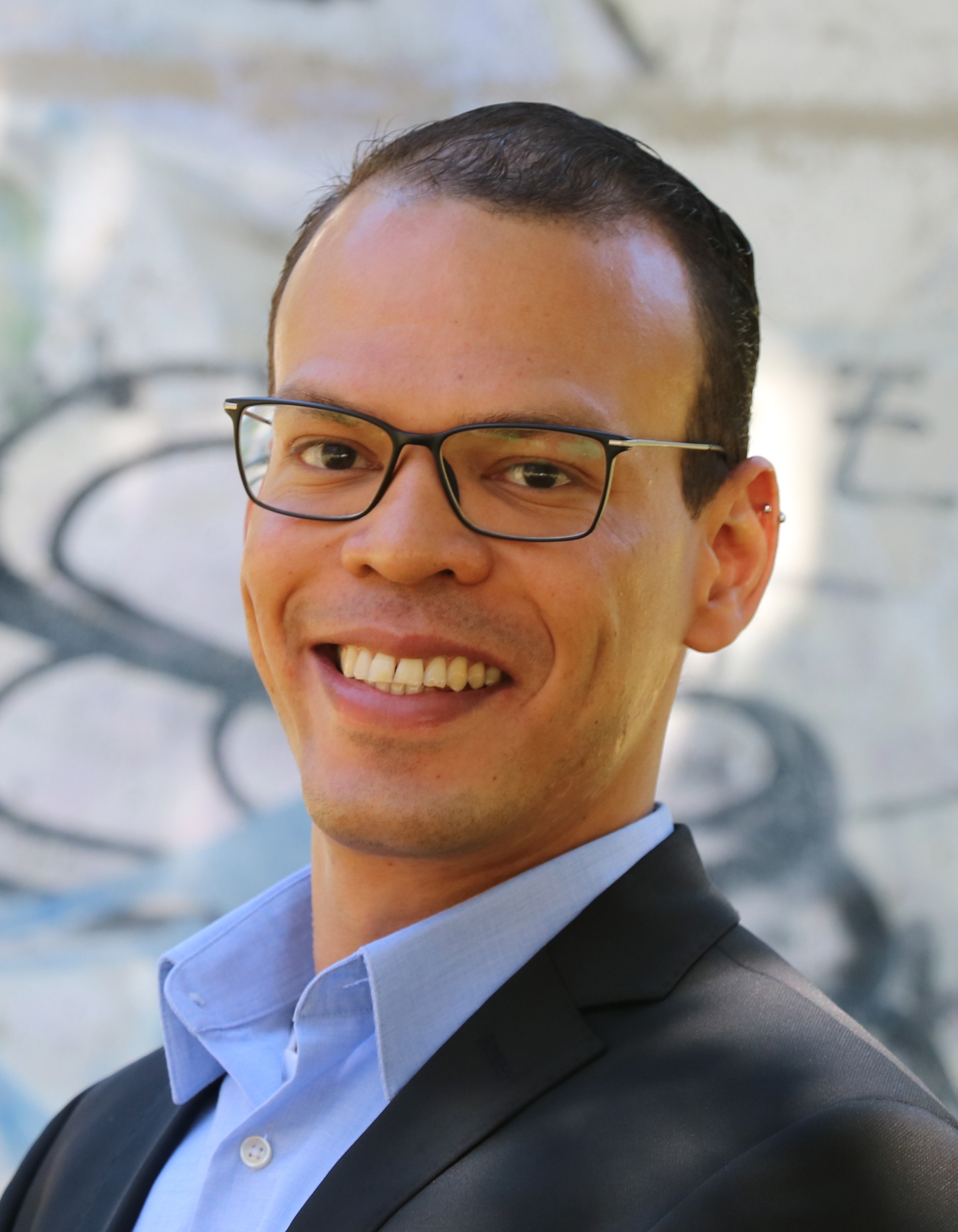
Stiven Tremaria (Osnabrück)
Stiven Tremaria, M.Sc., M.A. is a doctoral candidate in the Department of International Relations and Peace and Conflict Research of the Institute of Social Sciences at the University of Osnabrück and a fellow of the International Doctoral Program “Security and Development in the 21st Century” of the Konrad Adenauer Stiftung. He holds degrees in History, International Relations, and Political Sciences from the Central University of Venezuela and the University of Osnabrück. His most recent position was as a research associate in the Department of International Police Relations at the German Police University in Münster (Westfalen).
Roundtable Disrupciones de las culturas policiales
Presentation: "Reforma Policial y Autocratización en la Venezuela Bolivariana"
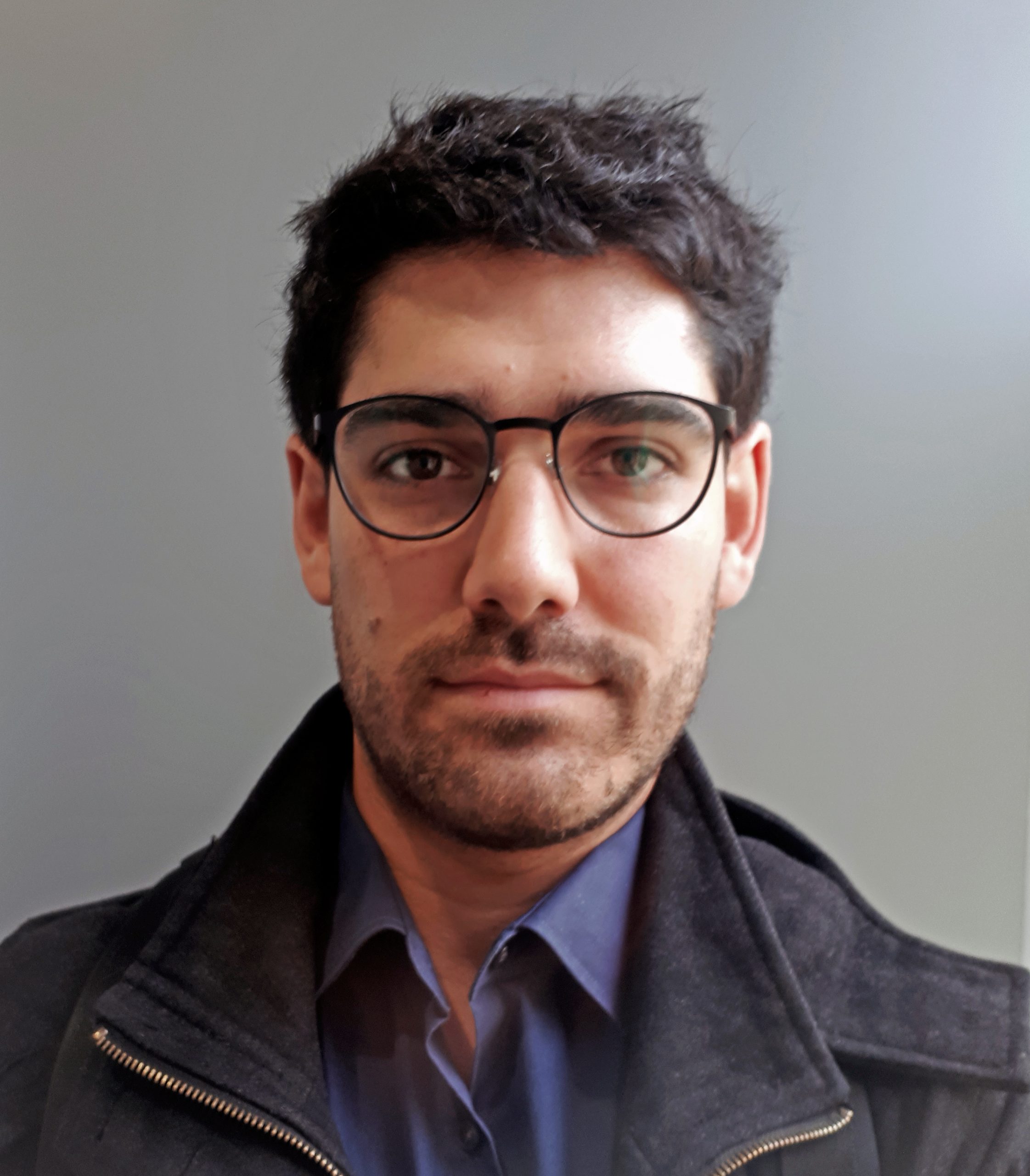
Fernando Toro (London)
Architect, Universidad de Chile. PhD candidate and Msc Urban Development Planning from the Bartlett Development Planning Unit, University College London. Instructor professor from Universidad de Chile. Has presented and published his work in Chile, Argentina, Netherlands, Finland, France and United Kingdom in issues related to financialization, urban segregation, social movements & neoliberal urbanism. Co-founder and Director of NGO Ciudad Común. Professional experience in urban planning, including consultancies to the Ministry of Housing and Urban Development Chile and the Inter-American Development Bank on metropolitan areas, regional migration and urban inequality.
Panel 1. Paper: "Resisting Peripheral Financialisation: Housing Movements against Debt Systems in the South"

Juliette Vargas (Bogotá-Göttingen)
Juliette Vargas, Colombian lawyer, LLM of the Humboldt-Universität (HU) in Berlin and PhD-candidate Georg-August University of Göttingen. Scientific collaborator of the German-Colombian Peace Instituto and the Center for Studies on Latin American Criminal Law and Criminal Procedure (CEDPAL).
Panel 4. Paper: " Collective Participation in the Special Jurisdiction for Peace in Colombia"

Alejandro Velasco (New York)
Associate Professor of Latin American history at New York University and Executive Editor of NACLA Report on the Americas. An expert on urban culture, social movements, and democratization, he is the author of the award-winning book Barrio Rising: Urban Popular Politics and the Making of Modern Venezuela.
Panel 2. Paper "On the Origins of Polarization in Venezuela"